
The United Kingdom’s biggest mountain bike park is planning a major expansion over the next 5-10 years. Bike Park Wales (BPW), in conjunction with landowner Natural Resources Wales (NRW), has a long-term plan to grow the park both within and beyond its existing footprint.
Bike Park Wales is often considered the flagship mountain bike facility in the UK. Founded by Rowan Sorrell, Liz Sorrell, Martin Astley, and Anna Astley, the park opened in 2013 and has been welcoming thousands of UK riders a year to its ever-growing network of mountain bike trails served by an all-day shuttle uplift service.

30km of new shuttle-served trails and 24km of e-bike trails are planned.
The existing footprint of the park, in Merthyr Tydfil, South Wales, is getting roughly 30km of new trails, while e-bikers are getting 24km of new dedicated trails on the other side of the hill on a parcel of NRW land.
Singletracks.com spoke to founder Rowan Sorrell about the ambitious plans for the site, as he and his team were elbow-deep in repair work following damage from a recent storm.
“We’re planning to add 30 new descending trails in total, increasing the overall length of our rideable trails by roughly 30km,” said Sorrell. “The bulk will be within the current footprint of the park — using nice bits of woodland that we’ve always wanted to connect.”
Sorrell estimates the work will take between five and 10 years in total, but a couple of new features are already built and open, including a blue trail called Funnel and a new skills area in an abandoned quarry.
The increased popularity of the park with e-bike users has prompted Sorrell and the team to plan some trails just for them.
“The 24km e-bike loop will be on the other side of the hill, descending into the next valley. It wasn’t workable to build trails there before because an uplift road just wouldn’t work, but e-bikers don’t need that, so we’re building them their own loop, still accessible from the main trailhead. That’s coming a little later, but we’re excited to give e-bikers their own trails.”
The expansion won’t provide increased rider capacity but will instead give existing users more variety. Sorrell hopes it will give riders more reason to stay for longer. “We’re hoping more people will come for weekend or multi-day trips to try and ride everything. We’ve been here for over 10 years now, but we want riders to know that there’s always going to be more to ride. We’re always evolving the trails here.”

Building trails and rewilding the land — at the same time
Alongside the commercial expansion, the BPW team is also involved in a major rewilding project for the site in an effort to redress the impact of years of commercial forestry on the land. In conjunction with NRW, native broadleaf trees are gradually being reintroduced as the commercial tree felling is simultaneously scaled back.
Sorrell believes the rewilding will help make the site and its land more resilient to some of the factors that have threatened and even closed other UK mountain bike facilities in recent years, such as nearby Revolution Bike Park.
“It takes a cultural shift within forestry to stop thinking of the woodland as a crop. But we’ve been working with our landowners for over five years now, and we’re starting to plant and favor native broadleaf species across the site — birch, mountain ash, oaks, and alders,” said Sorrell. “It’s a long-term transition to a natural and wild environment. Biodiversity increases our resilience to disease, encourages more wildlife, and makes for stronger soil and roots for when we’re hit by storms. We’re the first MTB centre to do this at scale with Natural Resources Wales.”

One step forward
Despite the backdrop of controversy over NRW’s plans to close some of the country’s older mountain bike parks, such as Coed-y-Brenin and Nant-y-Arian, Sorrell is positive about the future of Welsh mountain biking, and hopes BPW’s work can help foster a more MTB-positive culture in Wales.
“Me and the team at Bike Park Wales share everyone’s pain about the closures — it’s a difficult time for those facilities and for the commercial life of everyone involved,” said Sorrell. “We worked hard with Natural Resources Wales to show that more trails would bring more revenue from uplift tickets, accommodation, and income for local businesses. […] We want to strengthen the argument that mountain bikers bring in as much revenue as felling trees.”
Here’s hoping the expansion and continued success of Bike Park Wales help the Welsh authorities see that mountain biking is worthy of national support.
And if you’ve never ridden there, put it on your bucket list. It’s truly world-class.

Bike Park Wales quick facts
- Bike Park Wales is the largest uplift mountain bike park in the UK.
- It’s located west of Merthyr Tydfil in South Wales, on the edge of the Brecon Beacons National Park.
- Over 40 purpose-built downhill trails ranging from green to pro lines, including the longest green trail in the UK.
- The uplift runs daily from 10am-4pm, taking riders up to the summit at 491m.
- Around 100,000 riders per year visit the park to ride, get coaching, shop, and eat.
- Visit BikeParkWales.com for more information












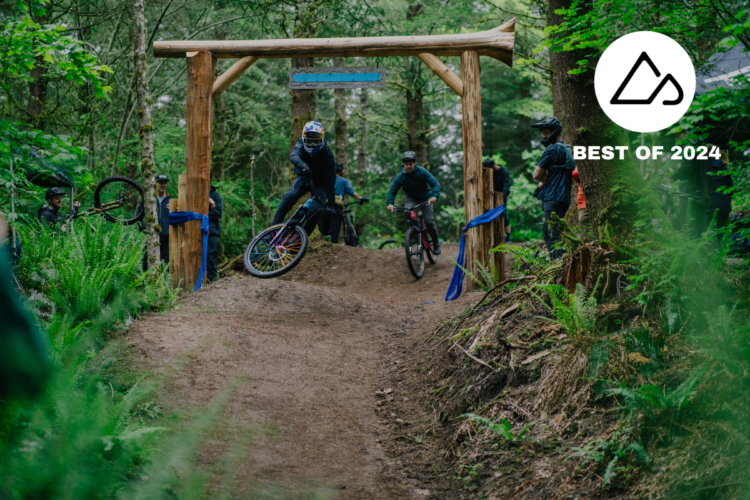
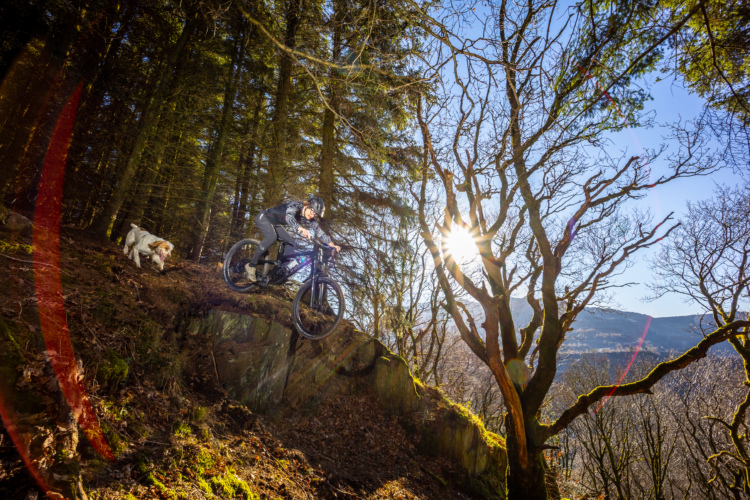
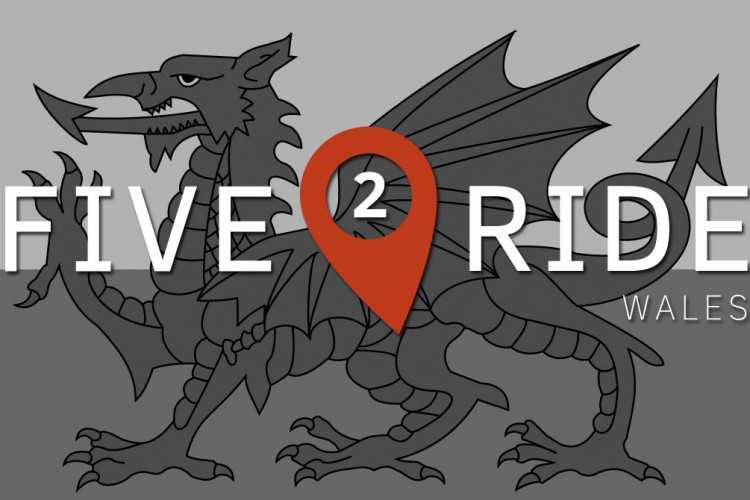

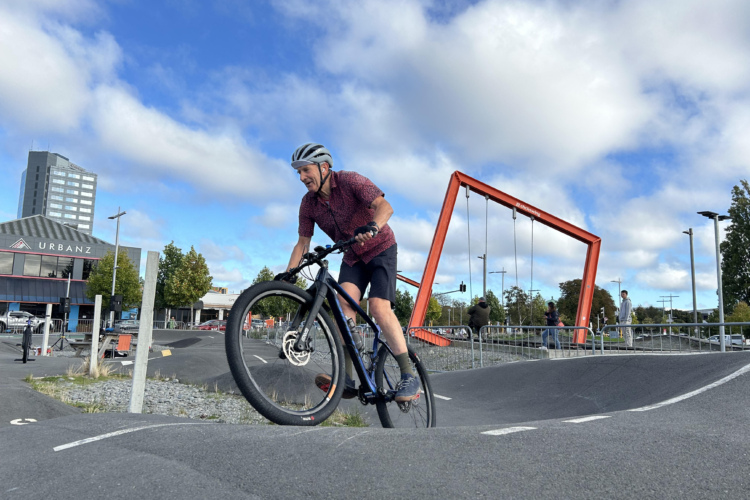
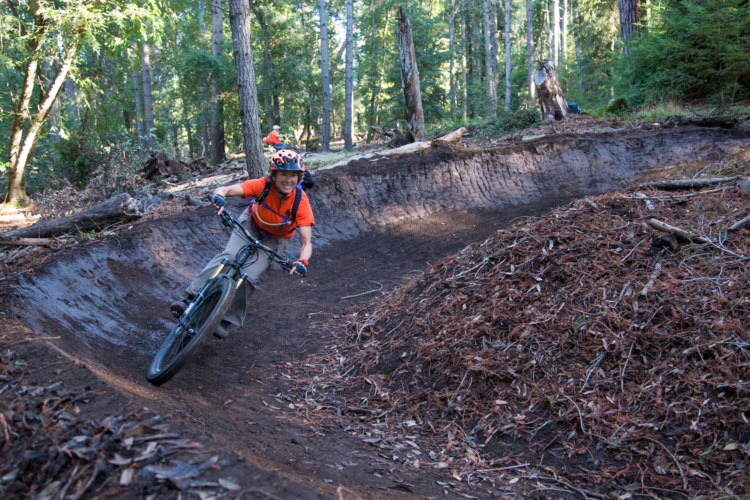

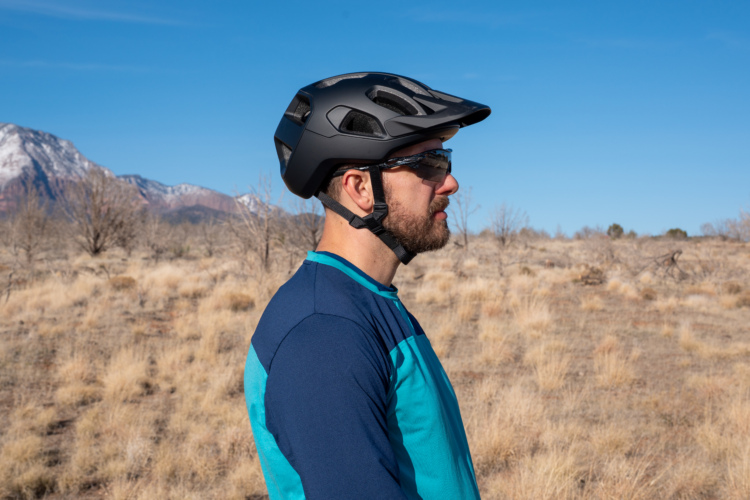

1 Comments
Jan 13, 2025